SMBC Group:
Truly a “Global Solution Provider?”
The Sumitomo Mitsui Financial Group (SMBC Group) continues to support coal, oil, and gas-related projects in Japan and overseas, despite its goal to reduce its entire investment portfolio to net-zero greenhouse gas emissions by 2050. In a world of accelerating decarbonization in line with the Paris Agreement 1.5°C target, SMBC faces a greater stranded asset risk.
For more information, read the investor briefing here
©OleksandrShnuryk/Shutterstock
Problematic SMBC
Group Policies
- Contrary to the world’s trend to phase out from oil and gas, the SMBC Group lacks the policy to limit investment and financing in oil and gas.
- The SMBC Group’s 2050 net-zero target alone cannot achieve the Paris Agreement 1.5°C target. It must set effective short- and medium-term targets for portfolio-wide greenhouse gas emission reductions.
©Matt Gush/Shutterstock
Why do the SMBC Group’s policies fall short?
The SMBC Group has announced a new policy to combat climate change in 2021.
The SMBC Group announced in May 2021 that it would no longer provide support for new construction or expansion of coal-fired power plants as part of its “ policy. Then in August, announced its “ policy, committing to reduce its entire investment and financing portfolio’s greenhouse gas emissions to net-zero by 2050. That October, SMBC joined the “”
While these were all positive developments, they are not enough to achieve the Paris Agreement 1.5°C target.
1. Many loopholes remain in SMBC’s coal-fired power-related policies. According to climate science, OECD countries need to phase out coal-fired power by 2030. The SMBC Group’s current policies lack any sort of prospects for “zero coal”.
2. An effective oil and gas phase-out policy does not exist. Hitting the 1.5°C targets requires eliminating coal as well as oil and gas.
The Sumitomo Mitsui Banking Corporation (SMBC) has adopted the Equator Principles, which require consideration of environmental and social impacts in lending. Despite this, the bank has supported in the world between 2016 and September 2021. As a result, it is facing reputational and stranded asset risks.
“No room for fossil fuel expansion” is a common understanding in climate science
There is little room for more CO2 emissions if the 1.5°C target is to be met.
To this end, the UN Secretary General has called for zero coal-based power in developed countries by 2030 and in developing countries by 2040.
©Mika Baumeister/Unsplash
Numerous “Loopholes” in Coal Policies
While SMBC maintains a policy of “no support for new coal-fired power plant construction or expansion projects,” there are many loopholes as below.
(a) Support for existing projects continues.
(b) SMBC could continue to support technologies such as CCUS and ammonia co-firing, which have not been proven to reduce emissions and/or are not economically viable. This support in turn extends the life of power plants that should be decommissioned.
(c) SMBC’s policies only apply to the project level – financing for companies that are highly dependent on coal continues.
(d) SMBC continues to support coal mining with the exception of mountaintop removal mining.
(e) Phase-out targets for coal-fired power plants only apply to project financing, not to corporate financing or coal mining.
For example, the Vietnam Vung Ang 2 coal-fired power project, for which the decision to provide support by SMBC was supposedly made in December 2020, has raised concerns not only from environmental groups and climate activists, but also
©Catstyecam/Shutterstock
Strengthening Oil and Gas Policies
The SMBC Group has stated that it will “assess the environmental and social impact” of its support for oil and gas projects, but in light of the Paris Agreement, it needs to have a policy of “ceasing support.” For example, the French bank has explicitly stated that it will stop supporting oil, gas, and coal companies by 2030.
©Kodda/Shutterstock
Case Study: East Africa Crude Oil Pipeline
A new 1,443 km-long “East Africa Crude Oil Pipeline” (EACOP) connecting Uganda and Tanzania is currently under planning, which will be the world’s longest crude oil transportation infrastructure when completed. There are concerns that EACOP will not only displace tens of thousands of people and destroy national parks with valuable ecosystems, but also will increase global CO2 emissions by more than 34 million tons per year. There has been
©Eric Isselee/Shutterstock
A “2050 Net-Zero Declaration” with No Concrete Roadmap
Simply declaring carbon neutrality by 2050 is not enough to achieve the 1.5°C target; SMBC needs a concrete roadmap for the short and medium term, i.e. 2025, 2030, and 2040. Such a plan must show both when SMBC will stop supporting new and expansion of existing fossil fuel projects, and how and when it will phase out its support for fossil fuels. Otherwise, the declaration of carbon neutrality will be nothing but a figment of the imagination.
©GLF Media/Shutterstock
Continued Support for Expansion of Fossil Fuels
SMBC Group provided a total of in fossil fuels (between 2016 and 2021), 34% of which was provided to the top 100 companies expanding their use of fossil fuels. SMBC Group is especially active in the LNG sector which the Group ranked the world 4th, and oil and gas in the Arctic region which it ranked the world 8th, exceeding other Japanese banks. Notably, SMBC offers more aggressive support than MUFG or Mizuho for planned fossil fuel infrastructure projects in some instances (EACOP, Arctic LNG2, etc.). Reinforcing a policy of fossil fuel phase out would not only contribute to averting the climate crisis, but also avoid reputational and stranded asset risk while demonstrating leadership in climate change action. This is how SMBC Group may become a true “Global Solution Provider.”
©Karolis Kavolelis/Shutterstock
“Our addiction to fossil fuels is pushing humanity to the brink…many [countries] have pulled the plug on international financing of coal…I urge developed countries and emerging economies to build coalitions to create the financial and technological conditions to accelerate the decarbonization of the economy as well as the phase-out of coal.”
(Spoken at the COP26 Glasgow Conference)
UN Secretary General Antonio Guterres
©lev radin/Shutterstoc
“[Due the EACOP project in which the SMBC Group is involved,] Once oil exploration starts within the lake basin, their machines will be planted to exploit oil from down, which is death caused to the ecosystem – both fish and all the fisheries resources within the lake.”
Leonard Wasswa (fisherman from Katwe Village, Lake Edward)
©350 Africa

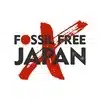
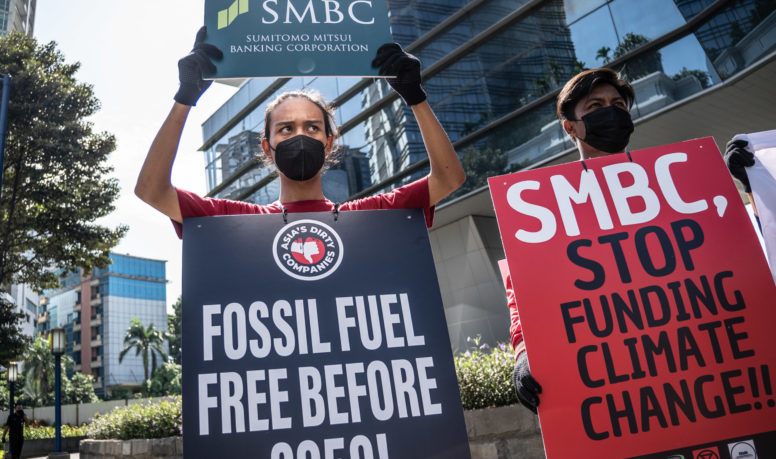
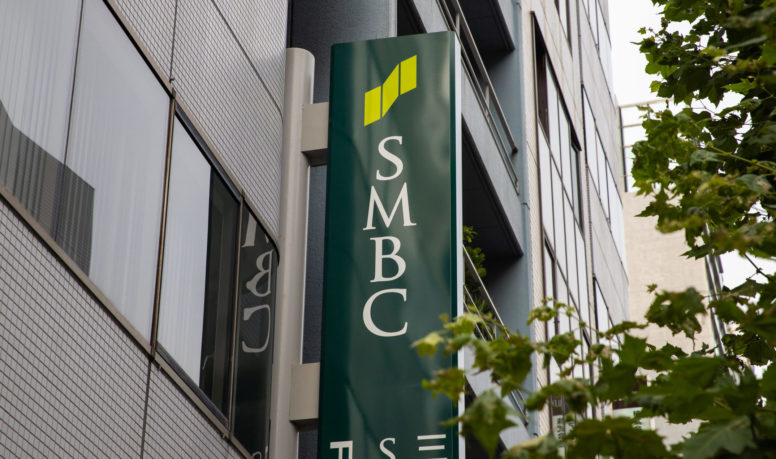
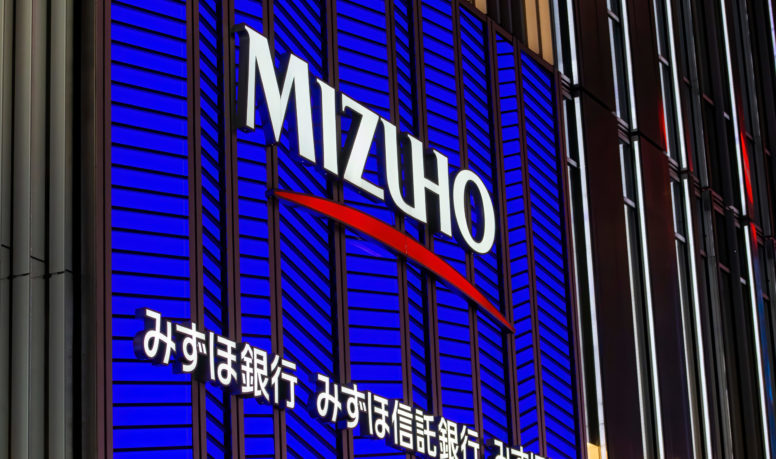
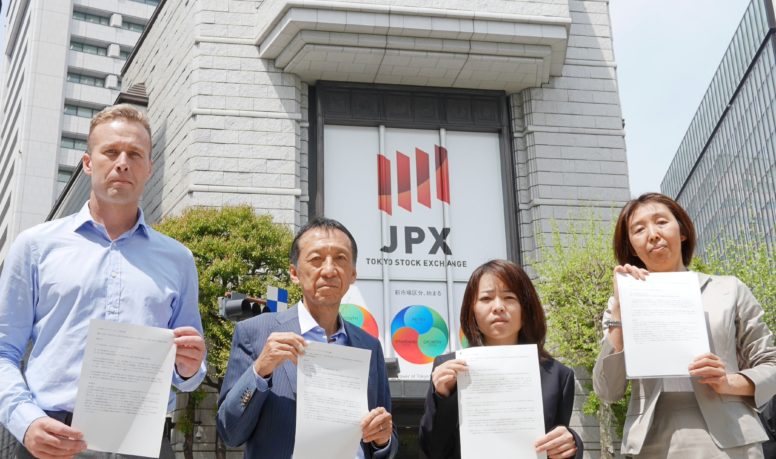
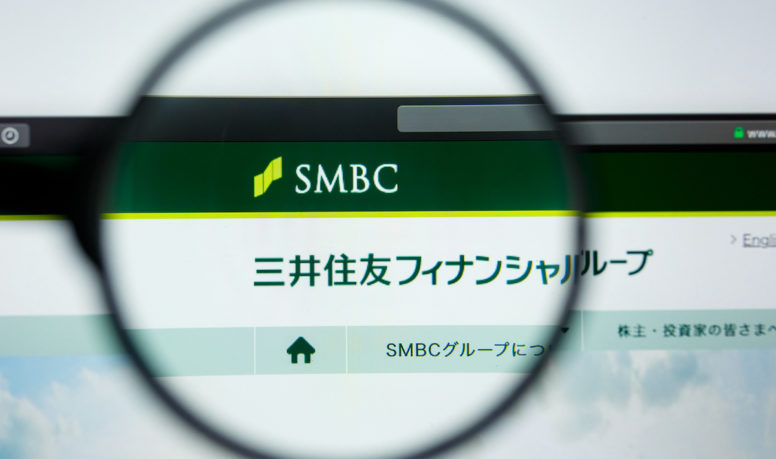
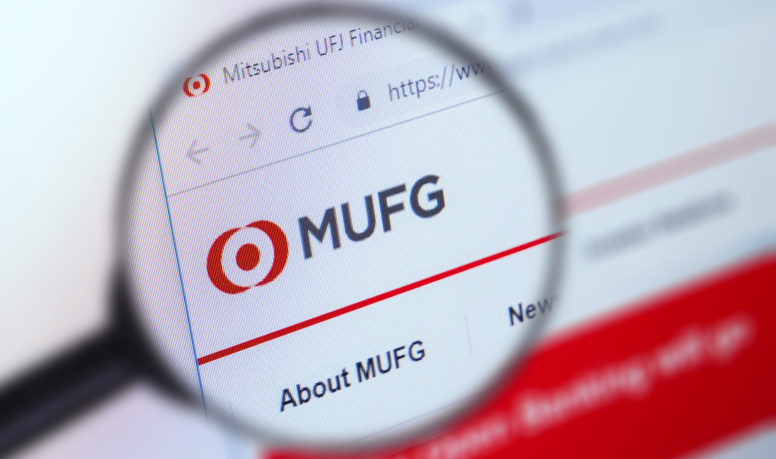
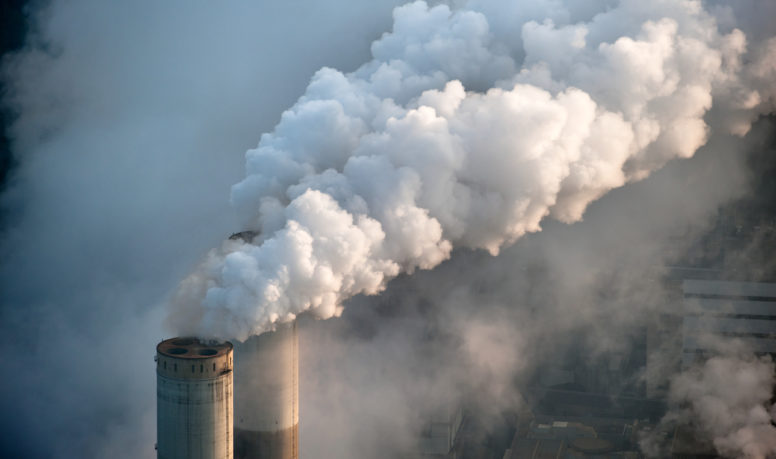
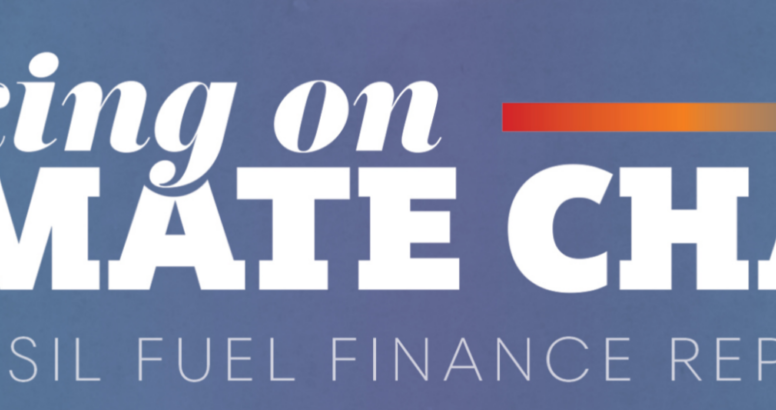


The SMBC Group should review and change its policy to stop investing in risky coal, oil, and gas, and develop a clear roadmap for decarbonization and forest conservation.